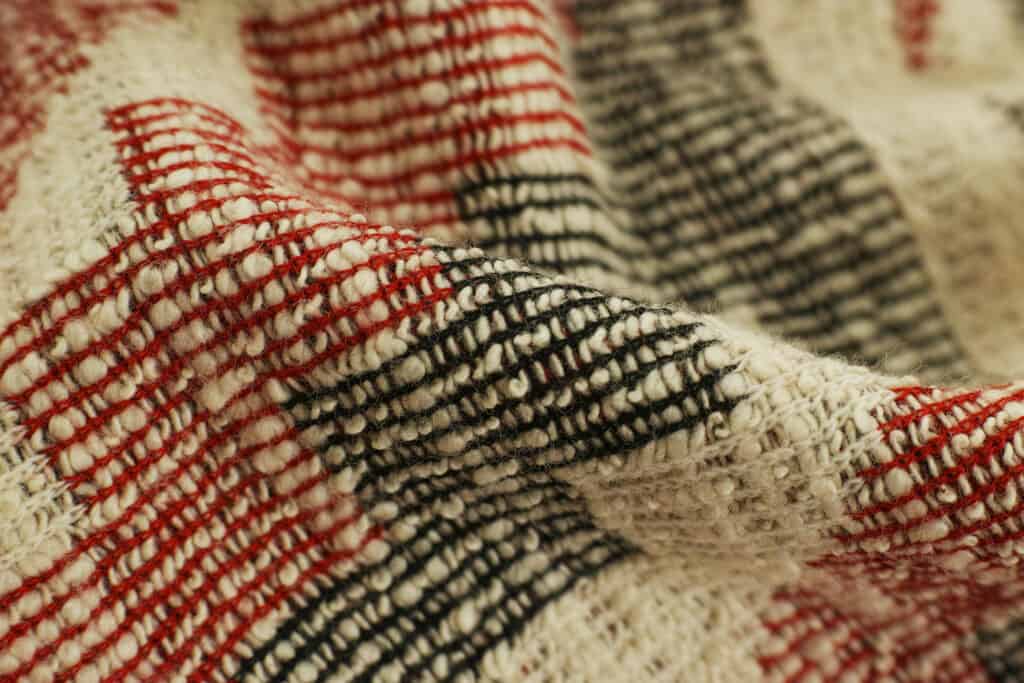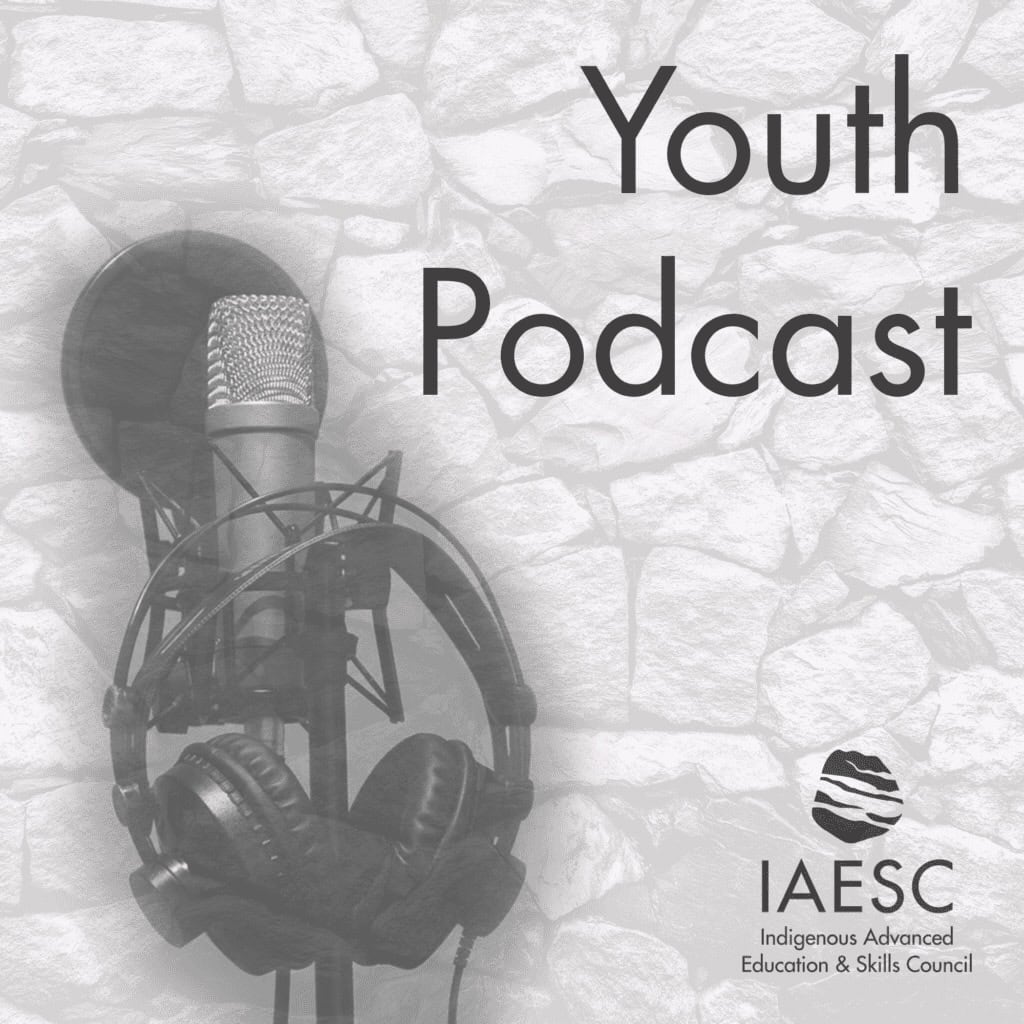
Library
Since its inception with the Indigenous Institutes Act, 2017, IAESC has published reports, policies, and various media pieces including videos and its very own podcast series. Explore these below, along with external resources that shape our values and mission, and sample documents to support your Organization or Program Review Application.
Media: Videos and Podcast
For our Standards and Benchmarks, Handbooks, and other Application Documents, see our Applications Page
Supporting Documents for Applications
-
Approved Applications
IAESC Approved redacted applications available to view upon request to qa@iaesc.com.
-
IAESC Credentials Chart




